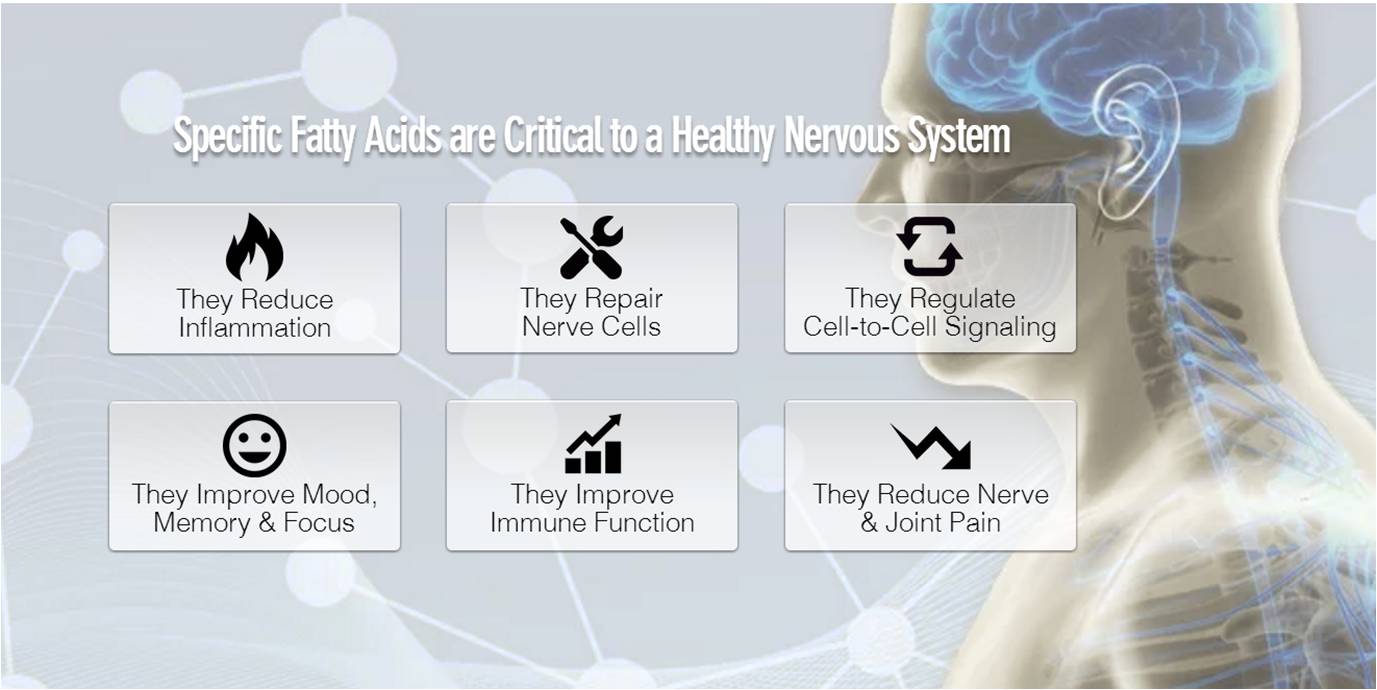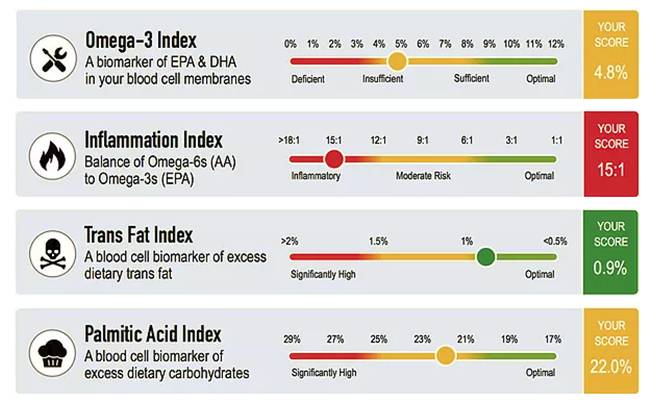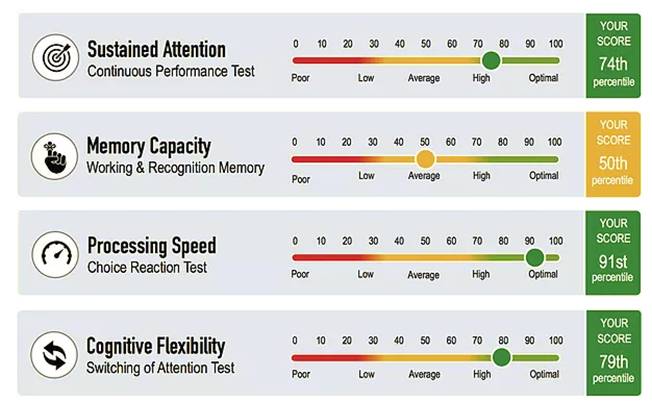
How to Easily Know Your Omega Fatty Acid Levels
If you have been my patient, you have probably heard me talk over the years about the importance of omega-3 fatty acids and how yo ur brain relies on them to function normally. I may have also cautioned you against getting too many omega-6 fatty acids. Aside from musculoskeletal pain, an elevated omega-6 level can lead to plaquing of the arteries, diabetes, and Alzheimer’s. So how do you know if you have too many or too few? It’s been complex, in the past, to know your omega fatty acid levels – but not anymore.
ur brain relies on them to function normally. I may have also cautioned you against getting too many omega-6 fatty acids. Aside from musculoskeletal pain, an elevated omega-6 level can lead to plaquing of the arteries, diabetes, and Alzheimer’s. So how do you know if you have too many or too few? It’s been complex, in the past, to know your omega fatty acid levels – but not anymore.
[Related: What Do I Need to Know About Going Gluten-Free?]
The Guessing Game
Essentially, omega-3s turn down your inflammatory pathways and omega-6s turn up your inflammatory pathways. Our bodies need both, but most people acquire way too many omega-6s from processed foods and high grain diets. Typically, I talk to patients about their diet and try to guess at what they need to balance omega-3 and omega-6 levels in their systems. I know that an optimum omega-6 to omega-3 ratio is 1:1 and anything over 4:1 really makes the body pro-inflammatory. However, I am just guessing at the patient’s status based on what they are telling me about their diet. Until now, I really had no way to measure this.
No More Guesswork
Recently, I was introduced to a simple testing procedure called BrainSpan. It is a comprehensive neurohealth assessment that assesses both structural and functional brain and cell health. So, what does that have to do with omega-3 and omega-6 fatty acids? There are two components to the test, the first of which measures fatty acid levels:
- Blood Test
This first component begins with a simple finger prick. When the lab receives your blood sample, they break down the membranes of the red blood cells to analyze their composition. This is where omega-3s, omega-6s, transfats and palmitic acid can be measured. Because your red blood cells replace themselves every 120 days, this is a very accurate measurement of the fatty acid levels in your cells as there is no influence from what you recently ate in the days or even week prior to the test.
The blood test component has several measurements and significance:
- Omega-3 Index – Here, the test measures the amount of omega-3 fatty acids in your cell membranes. Omega-3s are essential to reducing inflammation, repairing cells, and regulating vital neurotransmitters.
- Inflammation Index – This is the ratio of omega-6 to omega-3. Although y0u need both 6 and 3, when omega-6 far exceeds omega-3, your body’s ability to manage inflammation is disrupted.
- Trans Fat Index – Trans fats can cause cellular destruction, deregulate hormone production, adversely affect memory, and increase inflammation of the brain and body. Research has associated people with higher levels of trans fats in their blood with smaller brain volume due to accelerated aging.
- Palmitic Acid Index – This is the percentage of palmitic acid (a fatty acid) in your blood cells. There is a link between higher levels of palmitic acid in the blood and a greater risk for diabetes and a rise in cholesterol levels.
- Cognitive Test
In addition to measuring the components of blood cell membranes, a cognitive test measures how well your neural connections are functioning. The cognitive aspect of the test measures sustained attention, memory, cognitive flexibility and processing speed.
The test takes approximately 15 minutes and you can complete it at your leisure at home.
This May Be What You Need
Once the blood and the cognitive tests are complete, we can look at things like resilience to concussion, risk of future dementia, risk of stroke, mood regulation, cell inflammation and many other things. We can then determine what type of intervention would improve the score. The good news is that we can make changes, improve your situation and retest afterwards!
If you would like to know more about the Brainspan test or take the test, please contact our office. I highly recommend knowing your omega fatty acid levels so that we can get the correct ratio.

